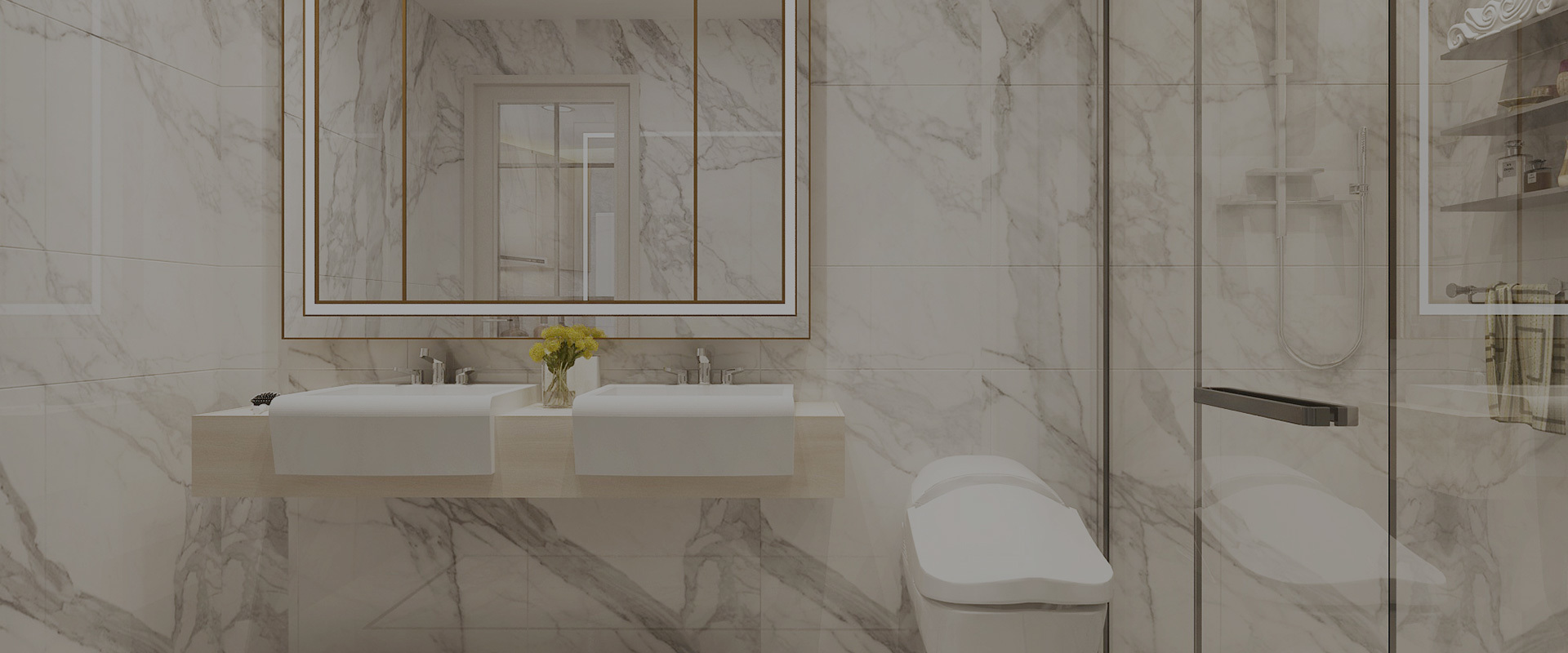The Versatile Benefits of Artificial Quartz Stone in Architecture and Design
2021-09-15
Artificial quartz stone has gained immense popularity in the construction and decorative materials industry, particularly in applications involving countertops, flooring, and wall cladding. Composed of approximately 90-95% crushed natural quartz, mixed with resins and pigments, this engineered stone offers a range of benefits that make it an appealing choice for architects and designers alike.
One of the most significant advantages of artificial quartz stone is its durability. Unlike natural stones, which can be porous and susceptible to stains and damage, artificial quartz is non-porous, making it resistant to spills, scratches, and heat. This characteristic makes it an ideal choice for high-traffic areas, such as kitchens and bathrooms, where durability is paramount.
In addition to its strength, artificial quartz stone comes in a vast array of colors and patterns. The manufacturing process allows for greater customization compared to natural stones like marble or granite. Designers can select from a variety of finishes, textures, and hues to create unique surfaces that complement the overall design aesthetic of a space. This versatility enables architects to achieve their creative visions without compromising on quality or performance.
Moreover, artificial quartz stone is relatively low-maintenance. Unlike natural stone, which often requires sealing to maintain its appearance and prevent staining, artificial quartz only requires simple soap and water for cleaning. This ease of maintenance not only saves time but also ensures that the surfaces remain beautiful for years to come.
Another important aspect to consider is the sustainability of artificial quartz stone. Many manufacturers are now using recycled materials in their production processes, further enhancing the eco-friendliness of this material. By opting for artificial quartz stone, architects and builders can contribute to sustainable construction practices while still achieving a luxurious look.
When it comes to installation, artificial quartz stone is generally easier to work with than natural stone. Its uniformity allows for precise cuts and fitting, which can reduce installation time and labor costs. This efficiency can be especially beneficial in large-scale construction projects where time is of the essence.
In conclusion, artificial quartz stone represents a modern solution for architects and builders looking to combine aesthetics with functionality. Its durability, vast array of design options, low maintenance requirements, and eco-friendly characteristics make it a top choice in the architectural and decorative materials sector. By understanding the benefits of artificial quartz stone, professionals in the industry can make informed decisions that enhance their projects and satisfy their clients.
One of the most significant advantages of artificial quartz stone is its durability. Unlike natural stones, which can be porous and susceptible to stains and damage, artificial quartz is non-porous, making it resistant to spills, scratches, and heat. This characteristic makes it an ideal choice for high-traffic areas, such as kitchens and bathrooms, where durability is paramount.
In addition to its strength, artificial quartz stone comes in a vast array of colors and patterns. The manufacturing process allows for greater customization compared to natural stones like marble or granite. Designers can select from a variety of finishes, textures, and hues to create unique surfaces that complement the overall design aesthetic of a space. This versatility enables architects to achieve their creative visions without compromising on quality or performance.
Moreover, artificial quartz stone is relatively low-maintenance. Unlike natural stone, which often requires sealing to maintain its appearance and prevent staining, artificial quartz only requires simple soap and water for cleaning. This ease of maintenance not only saves time but also ensures that the surfaces remain beautiful for years to come.
Another important aspect to consider is the sustainability of artificial quartz stone. Many manufacturers are now using recycled materials in their production processes, further enhancing the eco-friendliness of this material. By opting for artificial quartz stone, architects and builders can contribute to sustainable construction practices while still achieving a luxurious look.
When it comes to installation, artificial quartz stone is generally easier to work with than natural stone. Its uniformity allows for precise cuts and fitting, which can reduce installation time and labor costs. This efficiency can be especially beneficial in large-scale construction projects where time is of the essence.
In conclusion, artificial quartz stone represents a modern solution for architects and builders looking to combine aesthetics with functionality. Its durability, vast array of design options, low maintenance requirements, and eco-friendly characteristics make it a top choice in the architectural and decorative materials sector. By understanding the benefits of artificial quartz stone, professionals in the industry can make informed decisions that enhance their projects and satisfy their clients.












